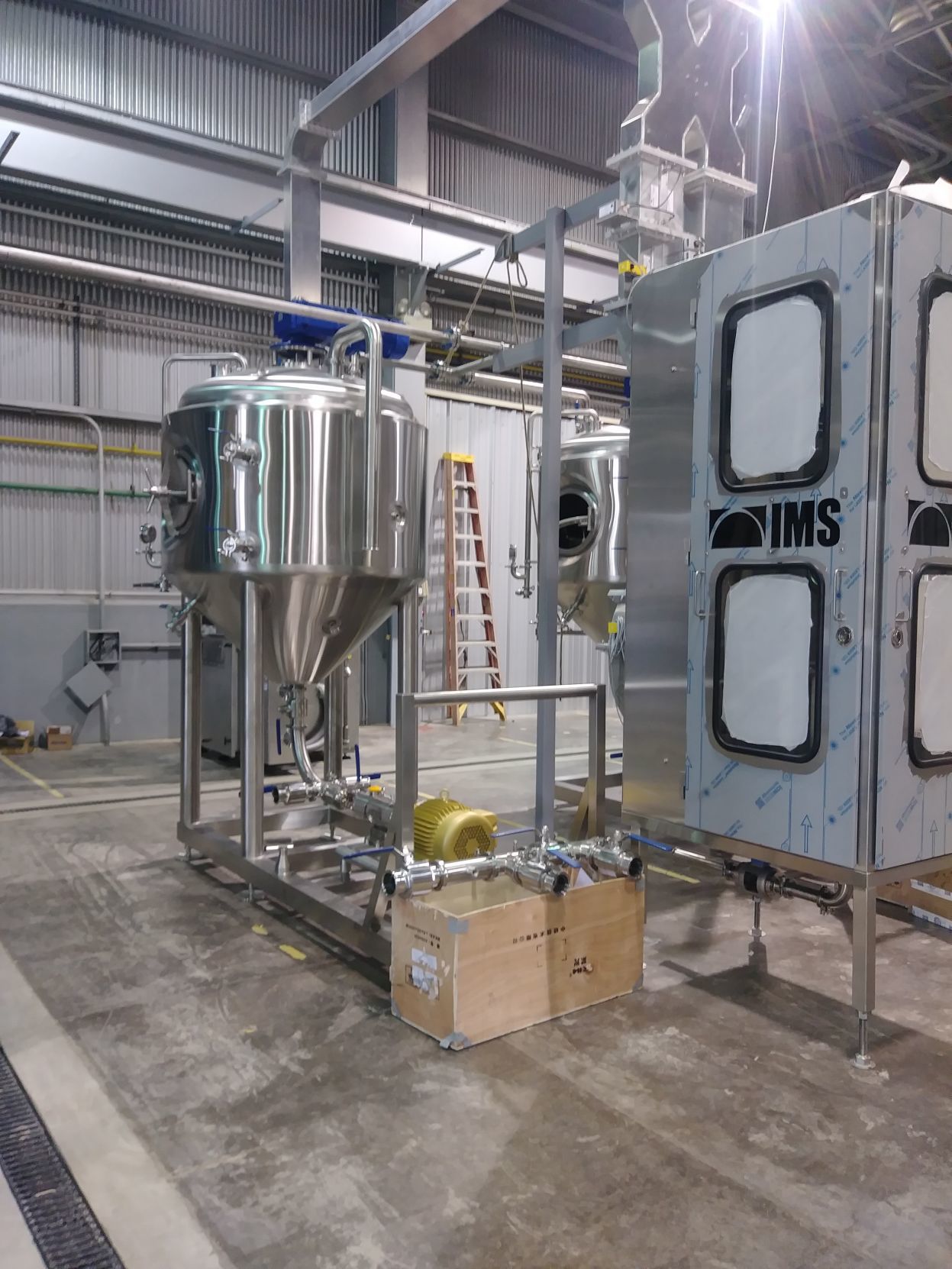
Chitin company in Chesterfield moves one small step beyond plastic
By A. Barton Hinkle/times-dispatch
The old DuPont facility off Jeff Davis Highway doesn’t look like ground zero for the next technological revolution. There’s a welding shop next door and a lumber supply company a short walk away. Silicon Valley it ain’t.
But Richard Feldman, the director of public affairs for Mari Signum, the company that leased the place, speaks with an evangelist’s fervor about what might happen there: a leap forward in materials science that could help solve the world’s plastics problem.
By now that problem needs little recitation. Because they are so useful for so many purposes, plastics are ubiquitous. About 300 million tons are produced worldwide every year, one-third of that for disposable packaging.
But plastics are also an environmental scourge because they do not biodegrade. The price of plastics does not account for floating plastic islands in the oceans, microplastics ingested by wildlife, and other hidden (or not-so-hidden) costs — costs that will linger for decades, if not centuries.
